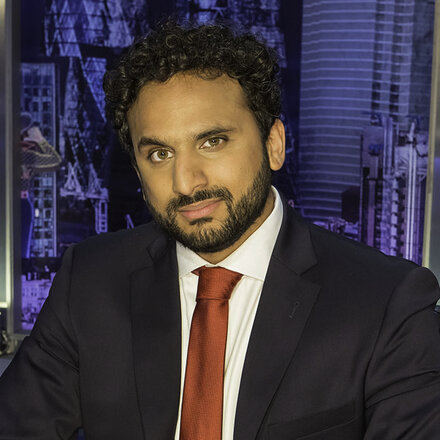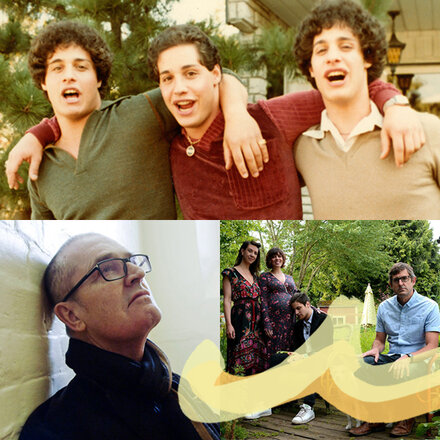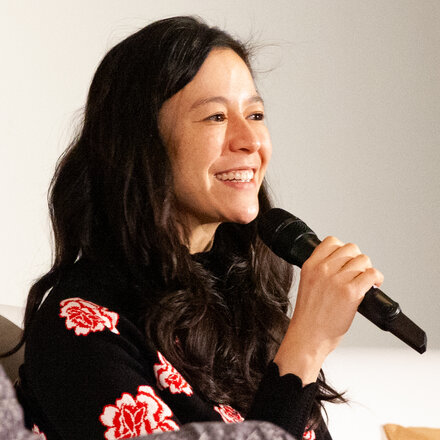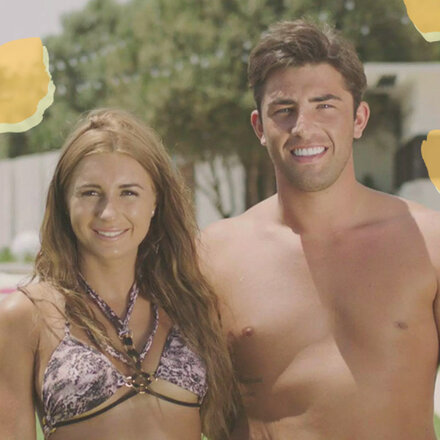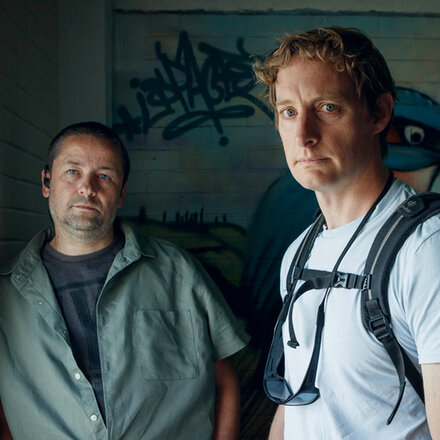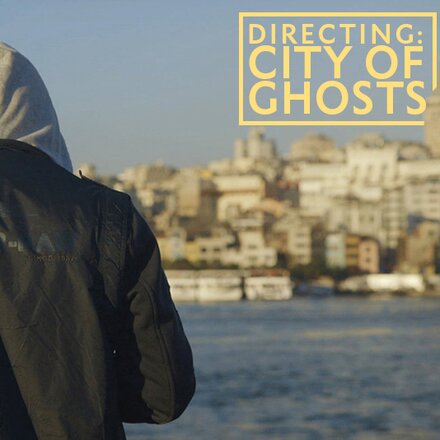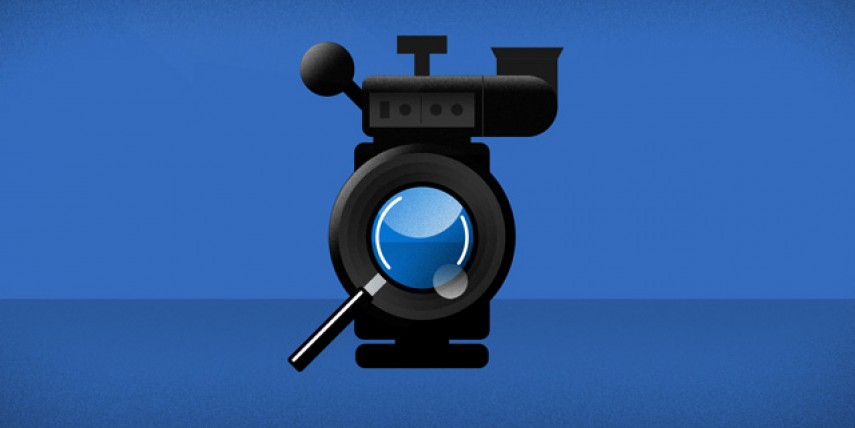
Documenting the Danger Zone: Sheffield Doc/Fest
At this year's Sheffield Doc/Fest, award-winning journalists Ramita Navai and Evan Williams and former BBC security expert Chris Lawton joined BAFTA-winning documentary filmmaker Brian Woods to give their advice on the dos, don’ts and dangers of documenting high-risk places.
Published 19 June 2015
DOs
Do take security advice.
- When starting on any project you need to think carefully about where threats are likely to come from.
- Take time to understand the potential risks, take advice from a security expert to properly assess potential scenarios and generate a plan in advance.
- Ultimately, whether or not to pursue a story in a dangerous location will be an editorial decision. A security advisor won’t make that call, but will make sure you understand and plan for the risks.
Do form relationships with your subjects, but do your research and background checks.
- Local contacts, drivers and fixers who set up interviews, interpret conversations and provide leads are key relationships to build, they can be more important than your security advisor.
- Your story is only as good as your fixer, and you’re really only as safe as they can make you, so source those contacts from trusted colleagues but still do your own background checks. Do all you can to be confident you can trust them.
- Be as honest with your fixer as you can, but be aware that they may be working for other people too or be informing to protect themselves.
Do be aware of the warning signs of trauma and exhaustion.
- Negative effects can’t always be prevented, do what you can to limit the risk but know what the signs and symptoms are, generally and personally.
- Have colleagues checking on you and keep an eye on your colleagues. Others may be able to notice problems that we don’t ourselves. If you’re freelance it’s very important to have a peer-based support network.
- Have mechanisms in place to deal with emotional and physical effects.
Do plan for when things go wrong.
- Have emergency measures and plans in place - a warning system, a withdrawal route and vehicle available.
- Have a plan B and take it seriously, whether that’s to stop filming, leave town, change the way you’re working, to lie low or find a safe house.
- Let people know where you are in a crisis; contact a trusted colleague outside the country to give them somewhere to work from if something does go wrong.
- If apprehended, declare who you are and what you’re there for. Have your British passport ready to prove it.
DON’Ts
Don’t bring money into the equation.
- Never pay out for a story. If you’re forced to be in a dangerous situation for a story it’s usually because there’s something corrupt about the way the world is working there, and money is a poisonous factor.
- Never exchange money in an attempt to solve problems. More often than not it will cause even bigger problems.
- Be aware that journalists and filmmakers can become a source of currency themselves, which is why it’s so important to take precautions.
Don’t be an entirely passive participant.
- Think about what you can do to control the interview and the locations. It’s not always right to do exactly what the interview subject wants.
- Can you go somewhere safer to limit the possibility of hostage taking? Challenge the location if you’re not happy. A good tactic is to change location at the last minute; if they agree it’s a good sign.
Don’t assume you know what’s going to happen or that two situations will ever be the same.
- Assess risks completely separately for different locations and scenarios
- When working with contacts on the ground make sure you put their advice in context – ask questions to ensure you understand their perception of a dangerous situation.
Biographies
Ramita Navai is an award-winning foreign affairs journalist. She has reported from over 30 countries, made 20 documentaries for Unreported World and is the former Tehran correspondent for The Times. Her first book City of Lies: Love, Sex, Death and the Search for Truth in Tehran won Debut Political Book of the Year at the Political Book awards.
Evan Williams has been a print, radio and television journalist for more than 20 years, most recently specialising in international current affairs programs, documentaries and investigations in hostile environments such as award-winning ‘Nigeria’s Hidden War’. He’s covered stories for the ABC and later Channel 4 from the world’s most difficult countries including Burma, Zimbabwe, West Papua, the Middle East, Southeast and Central Asia.
Chris Lawton is developing a high risk team for Bloomberg L.P., supporting the high risk policy, training and deployment of news and media teams globally. Before this he was part of the BBC High Risk Team, consulted with the UN and NGO sector on major incident response and served in the British Army.
Brian Woods started True Vision with his wife, Deborah Shipley, in 1995. The company’s first production, The Dying Rooms, was nominated for two BAFTAs and won numerous other awards. Brian has since produced and directed numerous international documentaries tackling human rights and social issues; shown in over 80 countries they have garnered awards including 7 BAFTAs, 7 Emmies and 3 Peabodies. Brian sits on BAFTA’s Television Committee.

This session took place on 6 June 2015 in the ITV Town Hall, Sheffield, as part of Sheffield Doc/Fest.

